Dhaka, Aug 22 (V7N): The Bangladesh Bank has raised the interbank dollar rate to Tk120 in response to heightened demand and insufficient supply of the U.S. currency in the market.
On Wednesday, the dollar rate increased from Tk118 to Tk120. Meanwhile, money changers have been instructed to charge no more than Tk121 per dollar.
This adjustment follows the central bank’s previous devaluation of the taka from Tk110 to Tk118 per dollar on May 8, as part of its shift to a crawling peg exchange rate system. This system allows banks to trade dollars freely with customers and in interbank transactions within a specified range.
The exchange rate was Tk94.7 in July 2022 and Tk84.8 in July 2021. As a condition for a $4.7 billion loan to Bangladesh, the International Monetary Fund (IMF) had recommended adopting a flexible exchange rate regime. The IMF encouraged Bangladesh Bank to base the exchange rate on market conditions.
The recent spike in the dollar rate has impacted various economic sectors, leading to increased import costs and difficulties in obtaining foreign currency. Higher import expenses are often transferred to consumers through higher prices, potentially reducing their purchasing power and consumer spending, according to economists.
Additionally, as the taka depreciates, repaying foreign debts in dollars becomes more costly, which could strain the financial stability of both the government and businesses.
The ongoing dollar shortage is attributed to several factors, including a significant supply-demand imbalance for dollars, dwindling foreign exchange reserves, inadequate remittance inflows, and low export earnings. The informal hundi market further exacerbates the crisis.
To stabilize the foreign exchange market, the central bank has sold over $34 billion to commercial banks over the past 36 months. However, this action has inadvertently reduced the central bank’s foreign reserves and contributed to a liquidity crisis in the banking sector. As a result, foreign currency reserves fell to $20.48 billion as of July 31, according to IMF guidelines.
END/MSS/



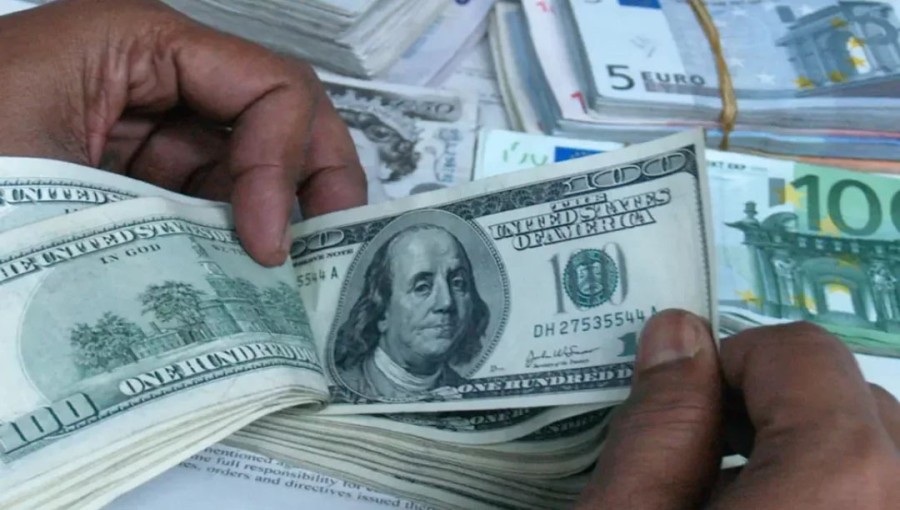
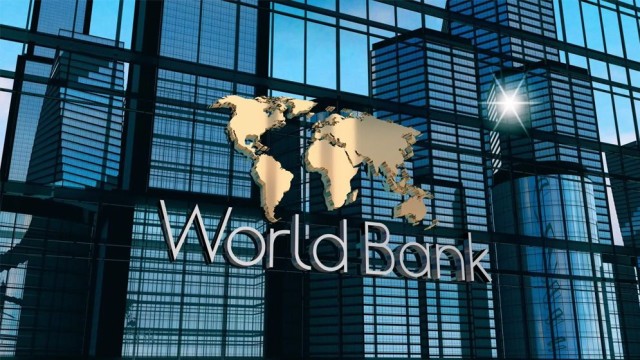
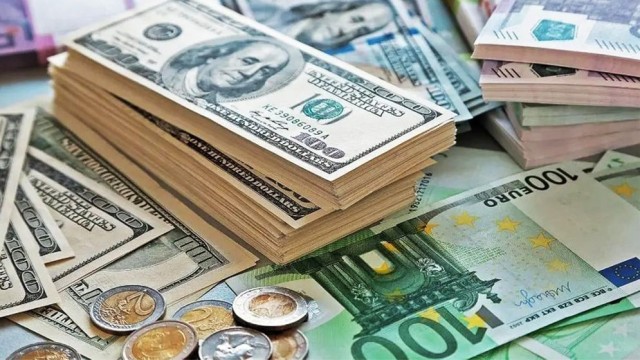
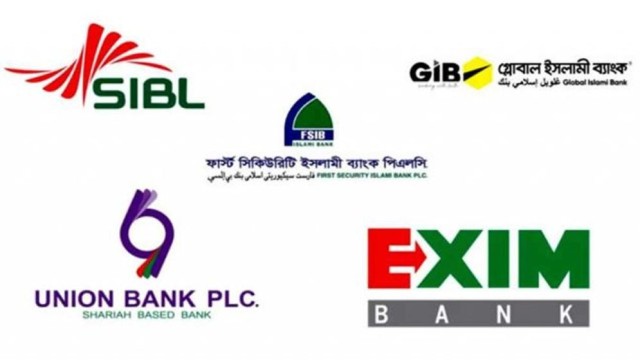



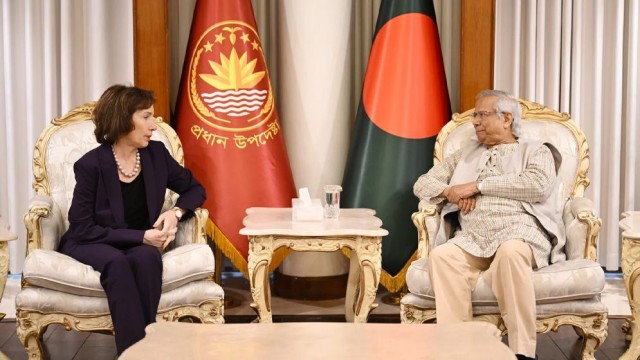










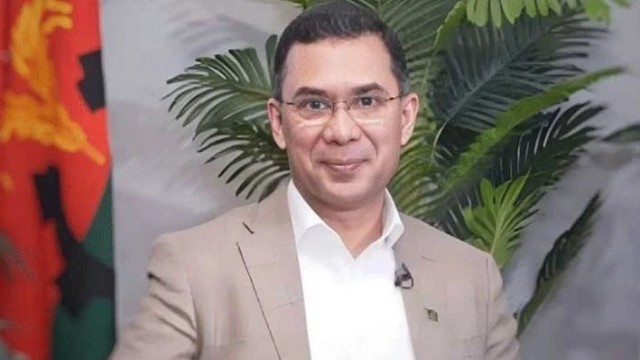



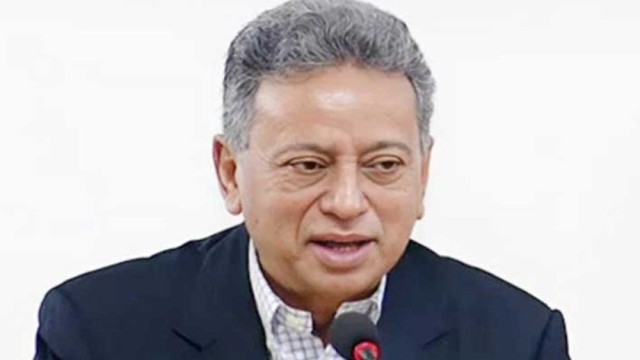


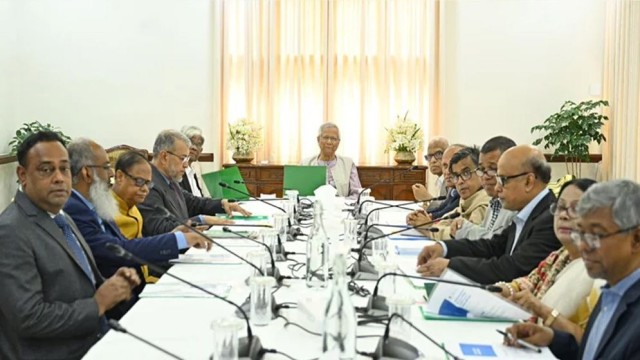
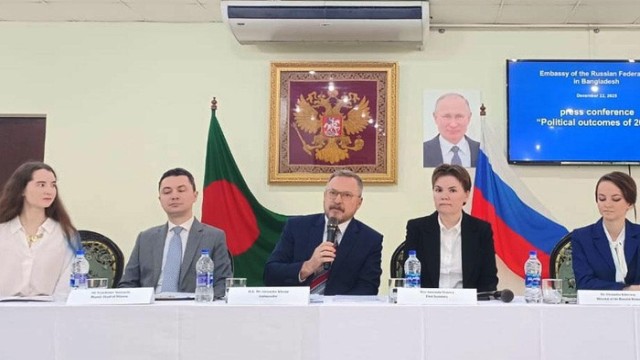

Comment: